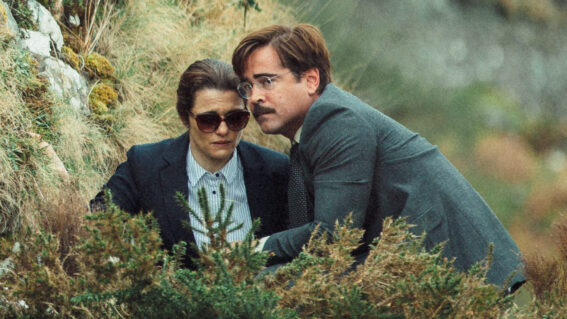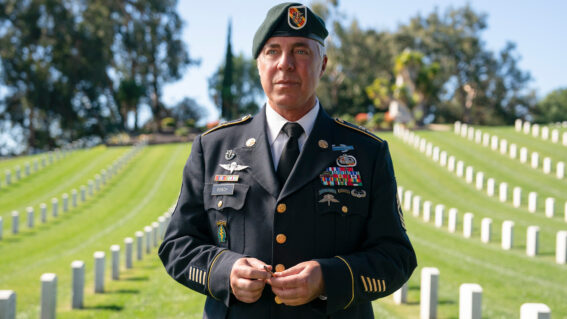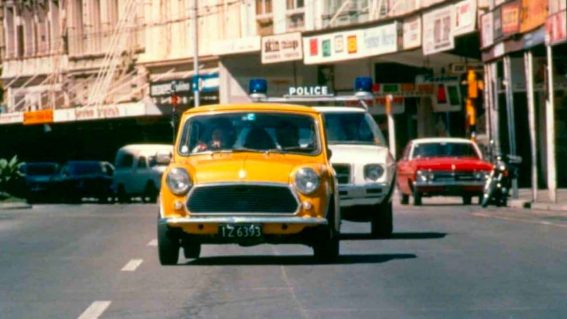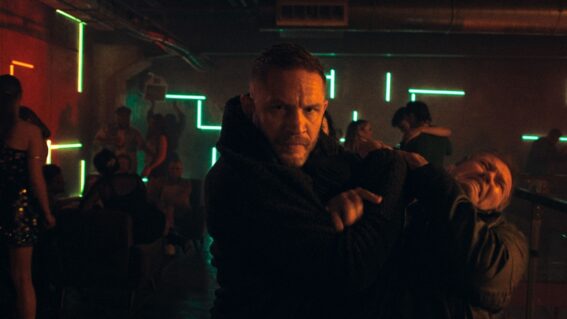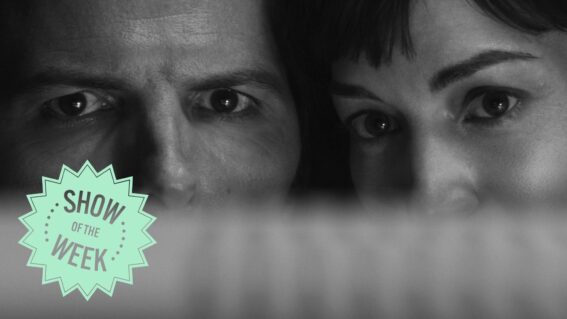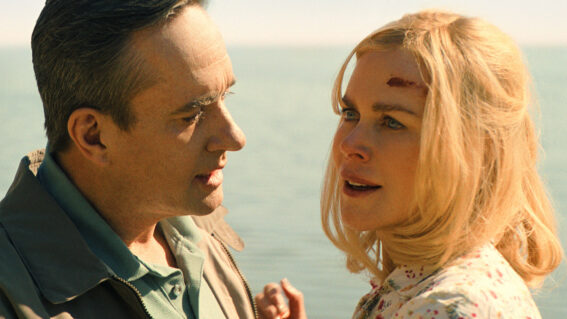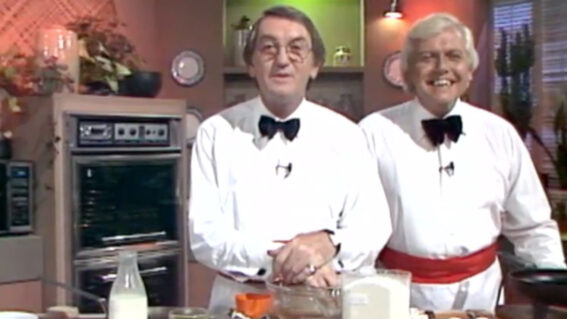All-time greatness: the 9 best things the first 9 episodes of The Last of Us got right
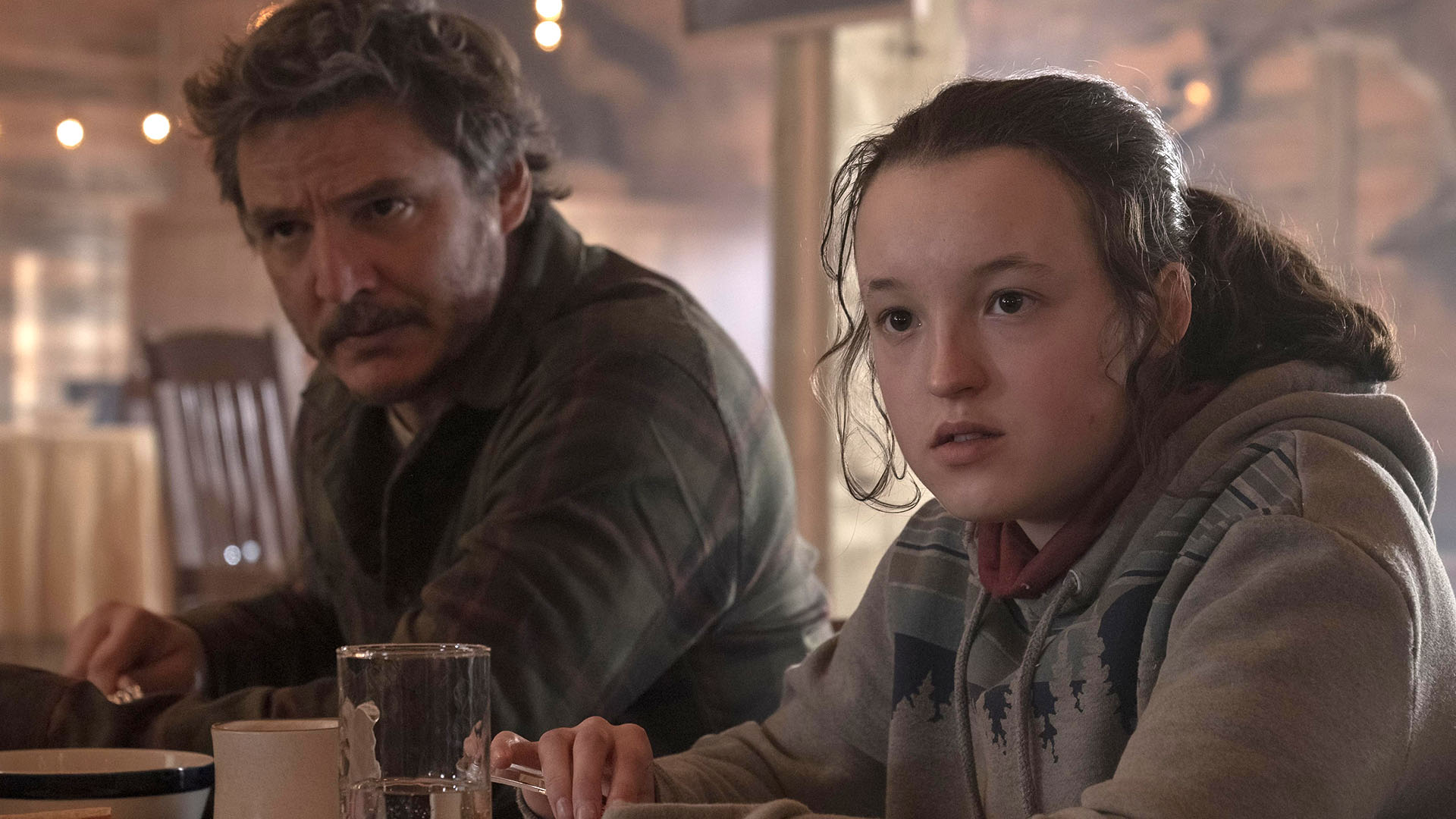

What a journey. We’ve reached the end of the first season of The Last of Us – now streaming on Neon. An impressed Daniel Rutledge reflects on just what made this a truly great opening season of television (the production of which is now documented in The Making of The Last of Us, also on Neon).
They did it. Somehow, they pulled off a live-action adaptation of The Last of Us that is as good as the game, with a TV show that adds a considerable amount of meaningfulness to the series overall.
“This show is one stuck landing away from being mentioned as one of the greatest opening seasons of television in history,” said Van Lathan on the Prestige TV Podcast while reviewing the penultimate episode.
“I’m talking in the same sentence as The Wire season one, Sopranos season one, Andor season one, Breaking Bad season one. We’re talking about way, way, way up there in the annals of prestige television. If they stick the landing here, I’m telling you, you’re looking at all-time greatness.”
Well, they stuck the landing, even though the show is not perfect. There are some moments that don’t land as hard as they should have, there is a little inconsistency with acting ability across the board and there are a few narrative shortcuts that are just a bit too convenient. But overall, showrunners Craig Mazin and Neil Druckmann knocked this thing out of the park.
Now season one is done, here’s a look at the nine best things it got right. Spoilers for every episode ahead.
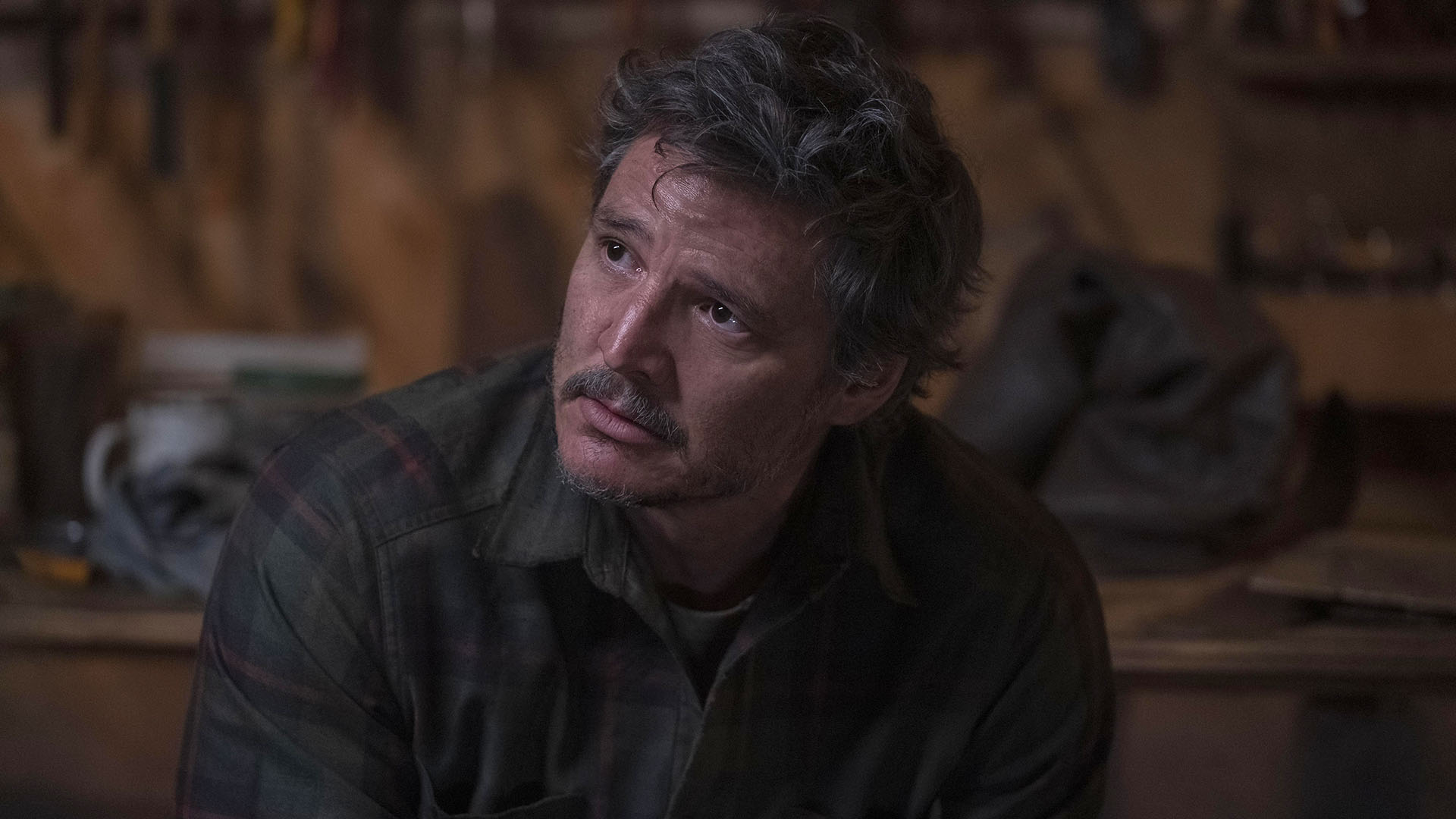
Joel
When they cast Pedro Pascal it was pretty obvious he was going to nail this role, but damn if it wasn’t immensely satisfying seeing him do so. He does the gruffness, the menace, the brokenness and the lingering grief just how I hoped he would, but he brings an extra specialness to the role as well.
I love this version of the character’s frailty. In the game he kills hundreds or thousands of enemies, in the show it’s a much more realistic number, and his age is starting to show. He’s going deaf, his knees are weak and his wits aren’t what they once were. But his brokenness is also more pronounced: he’s suffering panic attacks, he’s convinced he’s a failure and doomed to fail over and over again, he breaks down in front of Tommy in a way he doesn’t in the game.
Then he admits to Ellie he attempted suicide over his daughter’s death. This all adds an extra richness to his character that makes his redemption and salvation even more satisfying.
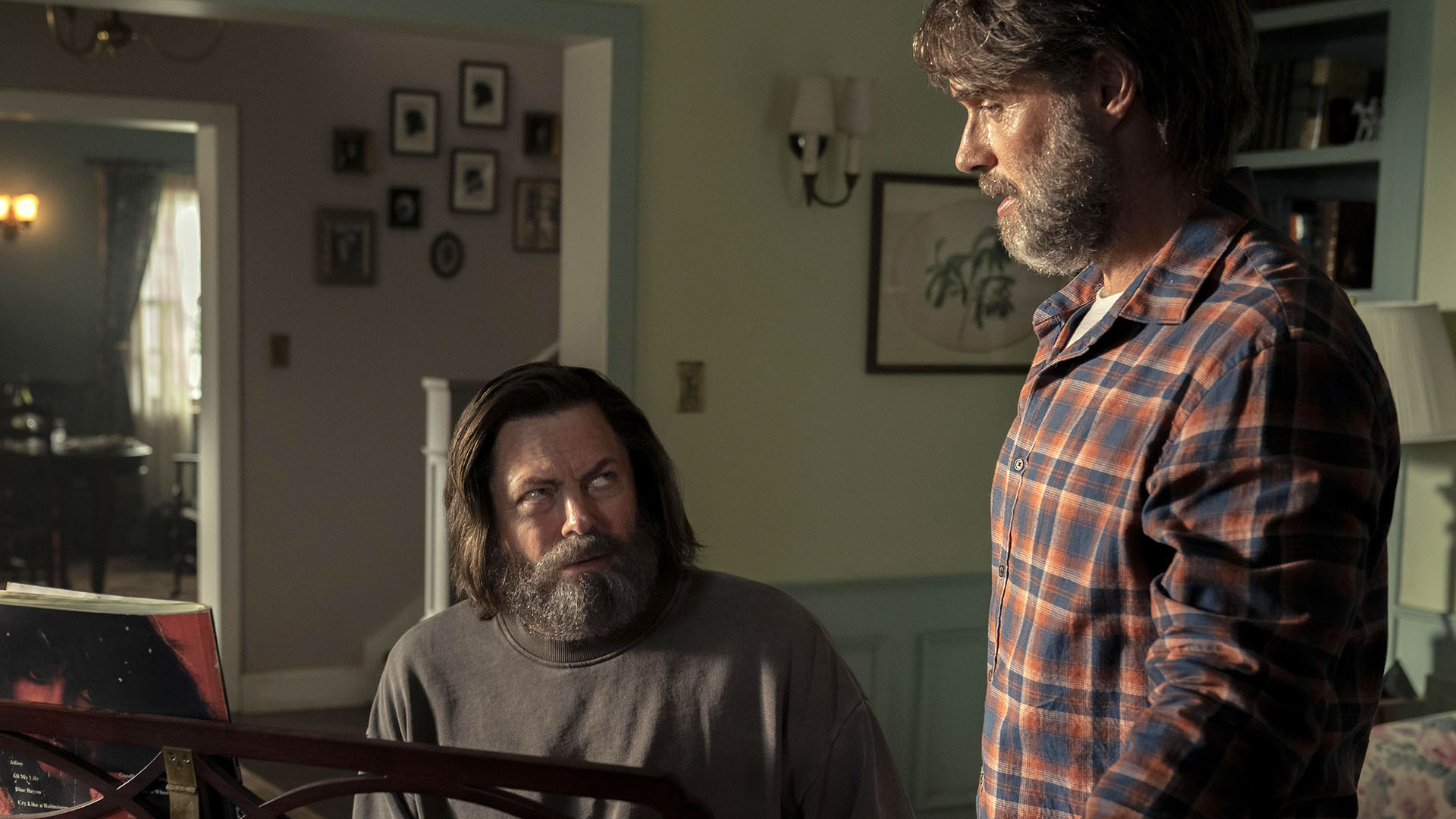
The strawberries
Despite how bleak and horrific this show is, it is all about the beauty of the human condition and, ultimately, all about love. Mazin and Druckmann have not shied away from stating that and explaining how fascinated they are with unconditional love being the ultimate motivation for good stuff as well as bad stuff—and for unbelievably terrible stuff.
Joel and Ellie’s story is a story of love, realised over the course of the nine episodes, but there are many smaller moments of more unbridled love, too. Perhaps the ultimate is the scene in episode three where Frank joyously surprises Bill with a strawberry patch. It’s a moment of exquisite beauty, an immediately iconic scene that is a gorgeous expression of love.
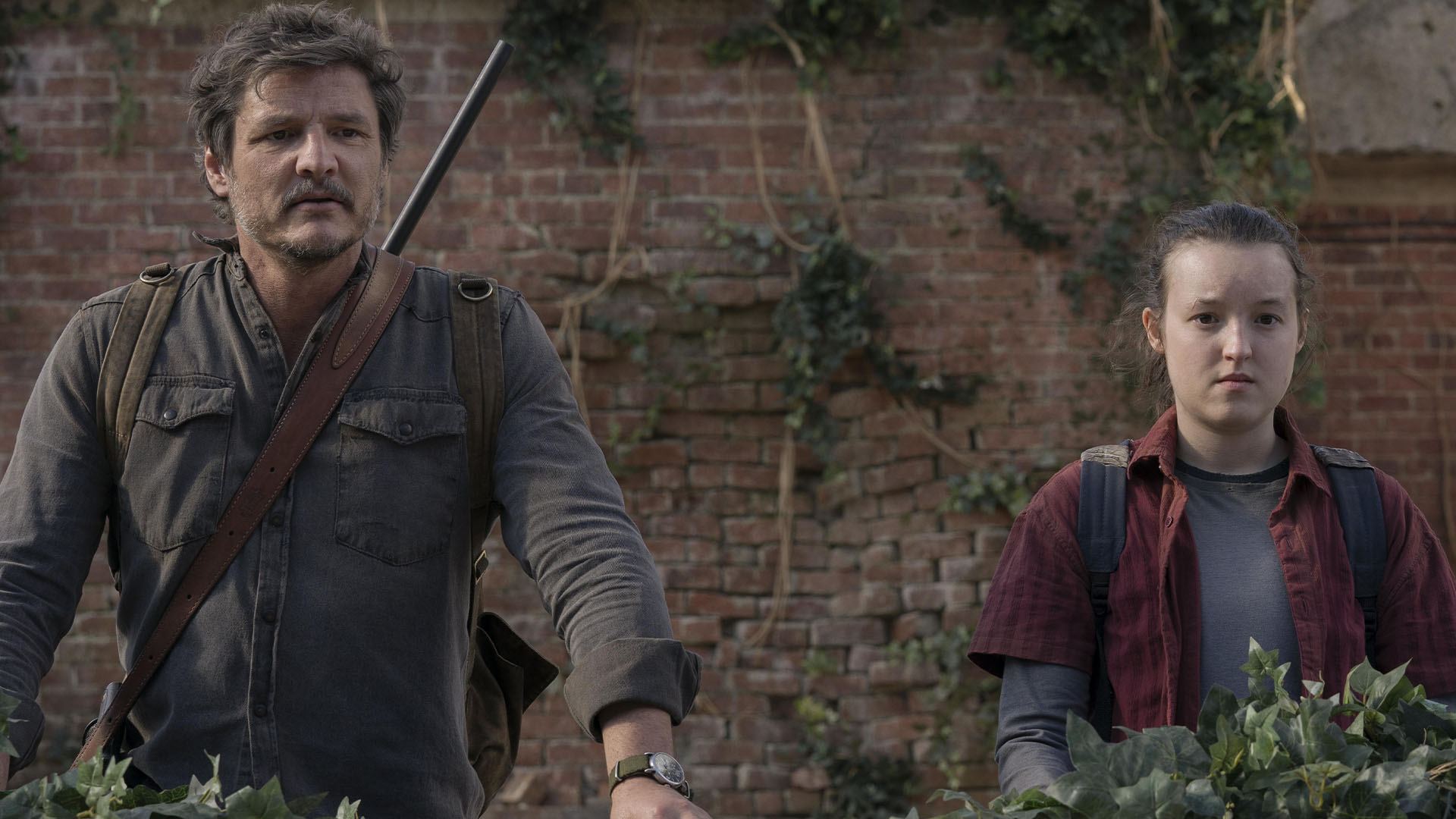
Several standout episodes
After episode three with Bill and Frank, which was amazing, it felt like this show shifted gears and quite a few folks declared it their favourite episode. But then we got the Sam and Henry episode, which was also Kathleen’s second episode. Then we got episode eight with David and with Joel finally calling Ellie “baby girl”. Then we got the finale. And looking back, how dope was ep one?
See, there’s no ultimate standout episode that’s obviously better than all the rest. Instead, there are several standout episodes. The season overall is superb, but I love that there are at least three different episodes where if someone said that was their absolute favourite, you’d be like “yep, I get that”.

The cold opens
Episodes one, two and nine have cold opens that are masterfully done. Mazin has pointed to Breaking Bad and Better Call Saul creator Vince Gilligan as inspiration for how to do cold opens, reiterating the idea that in the opening minutes of a prestige TV show episode, its creators are treated to the most receptive audience possible.
Eps one and three are flashbacks to the cordyceps pandemic outbreak in 2003 and it being somewhat predicted in 1968. These are chilling in the way they root this apocalypse believably in our current reality.
As for the finale, its cold open gives us the origin story of Ellie, depicting her birth. Her mother is played very meaningfully by Ashley Johnson, the actor who voiced Ellie in the game (and shared her thoughts on the show with Steve Newall for Flicks), so this open genetically ties the two versions of the character together. As well as cleverly explaining Ellie’s immunity, this scene also adds immense weight to the character of Marlene—and what happens with her later in the episode in the closing minutes of the story.
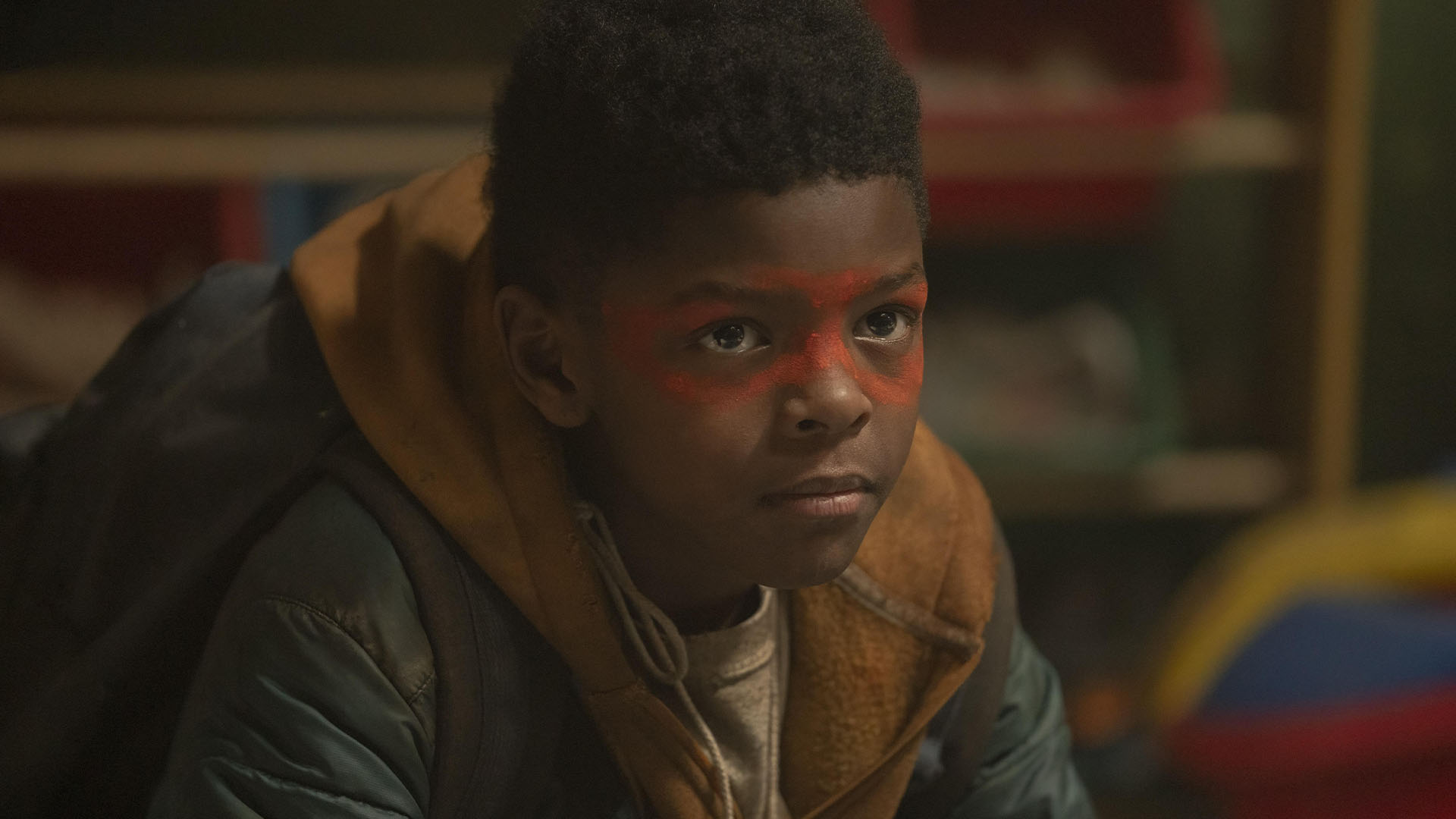
Sam and Henry
A recurring theme in this list is how everything they added to the show increases its value rather than takes it away. This is a monumental achievement when you look at how often the opposite is true.
How this show changed and expanded the relationship of Sam and Henry was done so deftly and earned great results, allowing for more tremendously beautiful, emotional scenes. Making Sam deaf heightened his vulnerability but also made the show’s cast more inclusive. Casting a genuinely deaf actor and accurately portraying American Sign Language (ASL) onscreen must be respected.
That sort of thing can cost time and money to do right and I commend the showrunners and HBO for their care in doing so. There’s nowhere else to mention this, but I also appreciate their getting gay directors to helm the episodes that depict gay love.
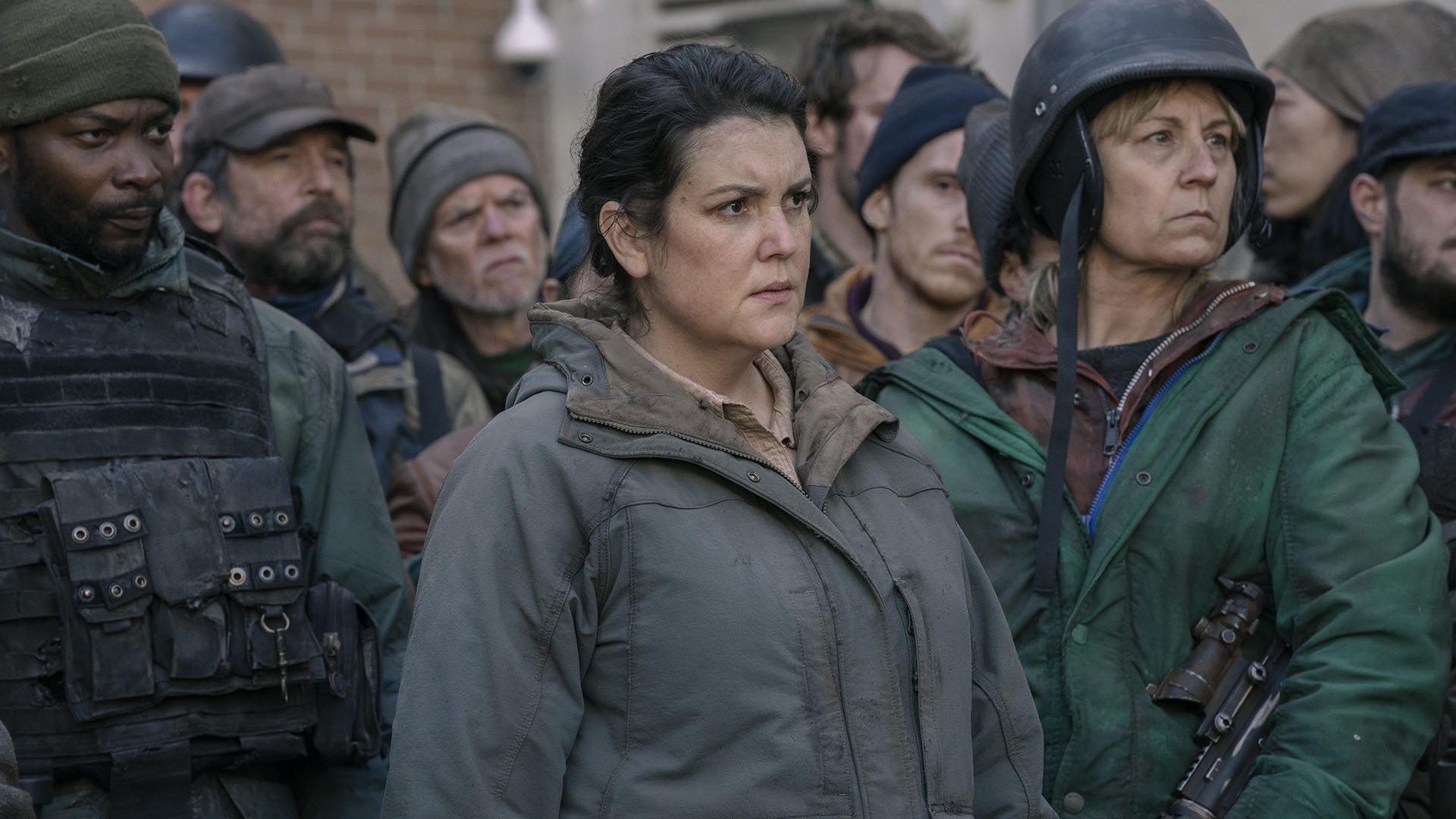
The enemies
One thing the second game leans into hard is demonstrating how the bad guys aren’t necessarily bad. The TV show has been exceptional in taking its time to carefully show how all of the adversaries are, in their own way, fighting for love and their own relatively noble goals.
Kathleen is intent on killing a child, but we learn why that’s the case and can somewhat sympathise with her. The FEDRA rulers of Boston are brutal fascists, but without them, we see order would fall and people would become savages. David is a cannibal paedophile—yikes—but he is the successful leader of a group of survivors, too.
This show asks questions like “why is the survival of your daughter more important than the survival of mine?” or “If your brother must die so that mine must live, am I wrong to make it happen?” Again and again, it makes the enemies interesting and relatable, giving us a meatier, more interesting narrative to chew on.
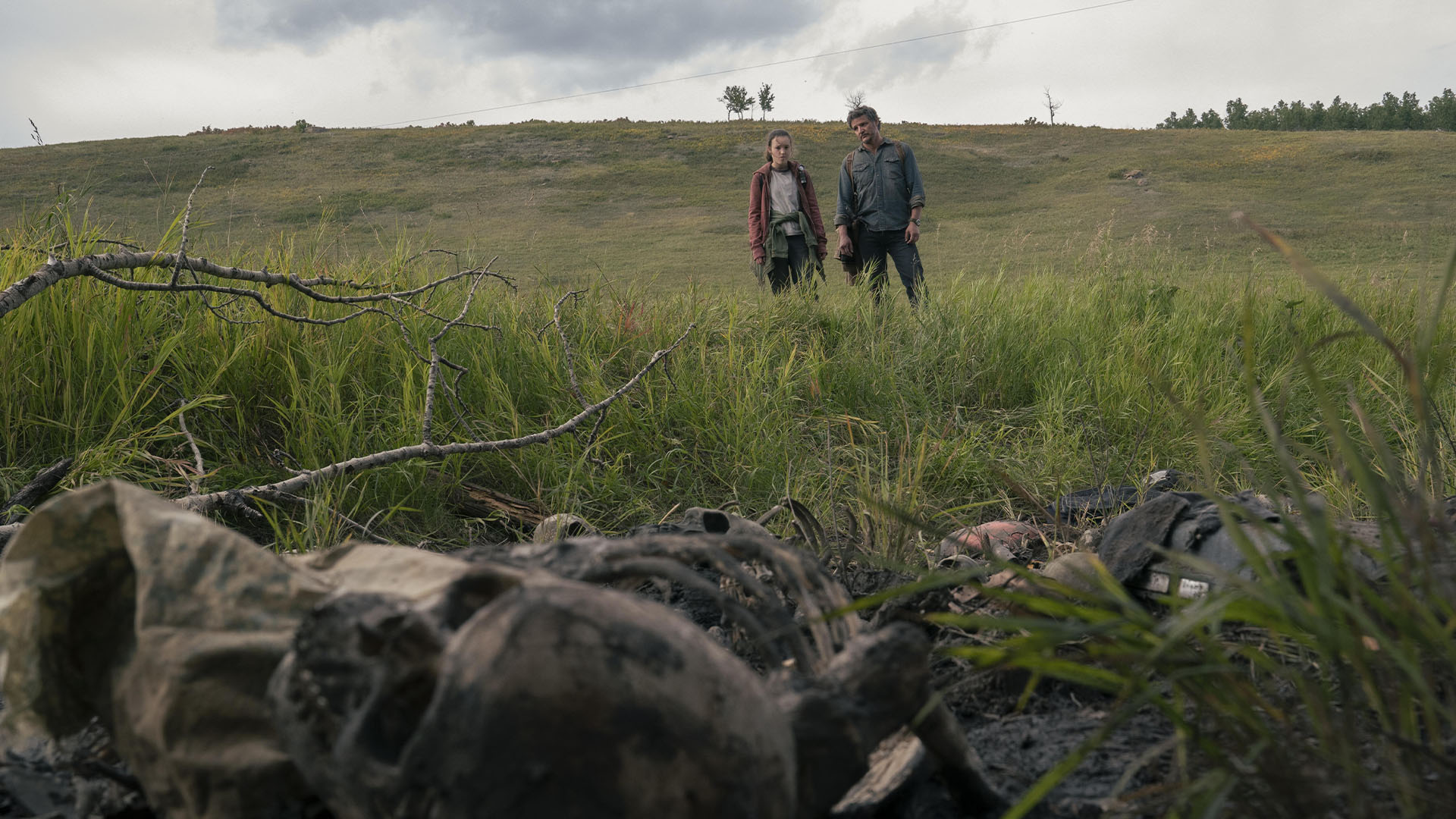
The journey
A small thing about the show I really like as an enormous fan of the games is the greater insight it gives us into Joel and Ellie’s trip across the United States. There are a few scenes of them setting up camp for the night as well as montages of their travels across America that we just don’t see in the game because it doesn’t fit the medium as well.
It may be a strange thing to find as much joy in as I do, it may seem silly to include it in this list, but when you’ve played through the game several times getting these beautiful extra details and adding to the experience like this is just really, really nice.
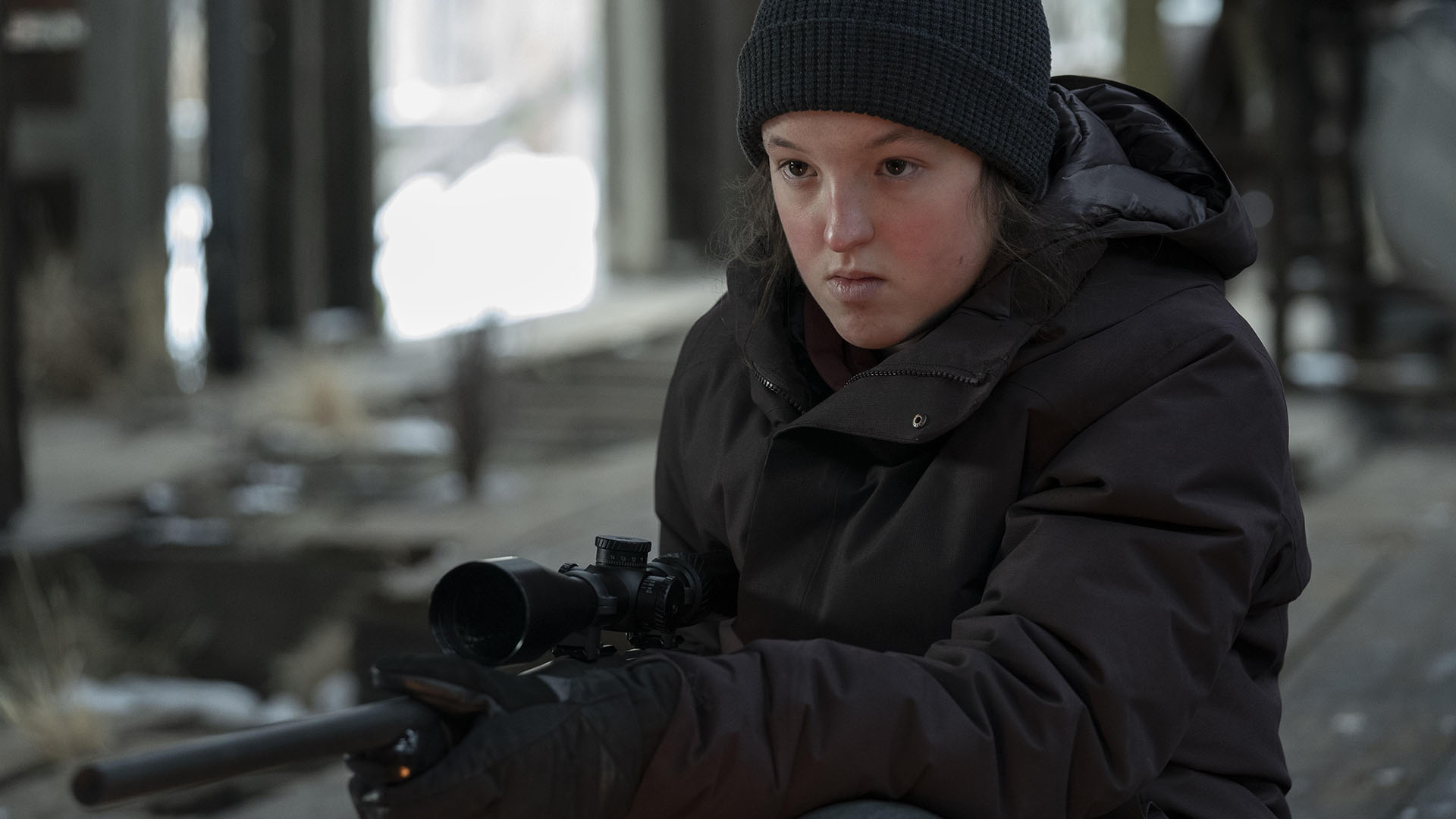
Sets up season two
I don’t think anyone quite expected just what a hit this show was going to be. I strongly expected it to be great, but had no idea it would be as popular as it’s been. Of course, they got the green light for season two, for which there is ample source material in the game The Last of Us Part II.
For people who haven’t played it, it’s hard to explain just how audacious the storytelling of that is. It polarised people, and while I can’t say what wound people up so much, or the nature of the narrative audacity, I’m looking forward to seeing how that translates to the series.
And I have full confidence in Mazin and Druckmann to deliver a second season just as great as their debut and just as groundbreaking as the second game. Season one is amazing as a standalone thing, but it has also set up all the chess pieces for season two to come in, grab the baton and reach even greater heights.
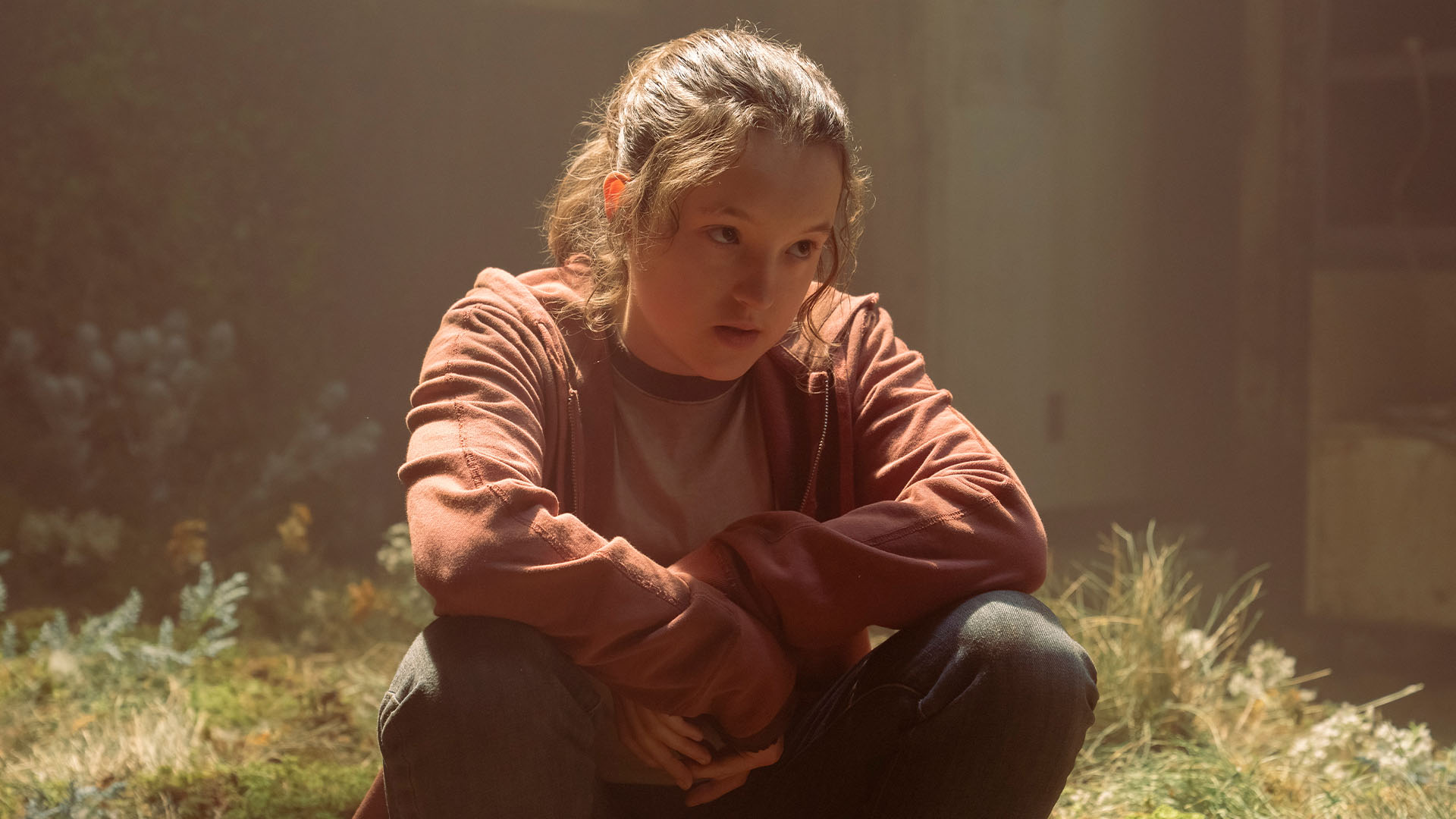
Ellie
Bella Ramsey as Ellie was a tougher sell than Pedro Pascal as Joel. It’s a more challenging role to play, I think, and while she was immediately great in it, it took the whole season for her to be cemented in my heart as Ellie.
In episode five, we focus on her face as Henry kills himself instead of cutting to black like in the game. Her phenomenal performance there sold me on her acting ability as being undeniably incredible, but not so much her as Ellie. The “you’re not my daughter” scene in Jackson—transplanted from the ranch in the game—somehow didn’t hit as hard for me as I’d hoped it would. The “tell them Ellie is the girl that broke your F**KING FINGERS” bit in episode eight kicked incredible arse, but is Ramsey’s own cool new thing, a little different from Johnson’s.
But then, in the closing shots of the finale, we see nothing but Ramsey’s face for several long seconds before she fatefully says “OK”. As Ellie mulls over the incredibly troubling thoughts of that moment, Ramsey’s expressions completely sold it and truly became Ellie. She stuck the landing and this show achieved all-time greatness.


